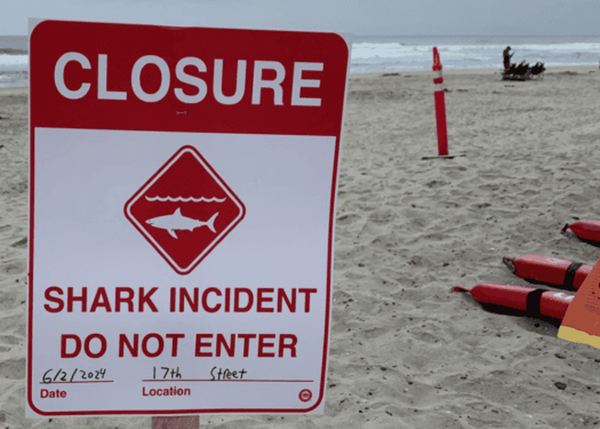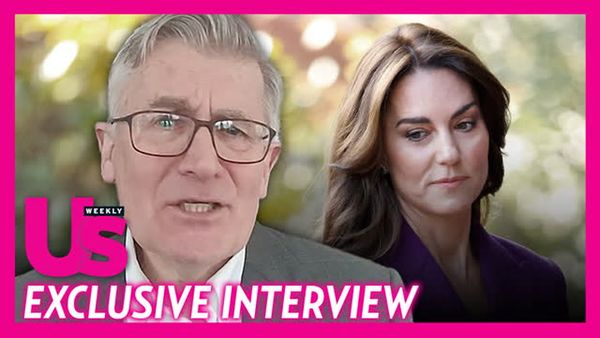
Privacy law ‘mess’ needs to be cleared up, not by judges, but by Parliament
Many important things happened last week, said John Simpson in The i Paper. The US sent a consignment of cluster bombs to Ukraine. The Nato summit was held in Vilnius. We learnt that Boris Johnson had failed to hand over his WhatsApp messages to the Covid Inquiry because, he claimed, he had forgotten the passcode for his old phone.
- SEE MORE Huw Edwards named as presenter at centre of BBC crisis
- SEE MORE Huw Edwards: from Bridgend to BBC presenter
- SEE MORE Why Matt Hancock’s private life is of public interest
Yet in Britain, we were transfixed by the sad saga of Huw Edwards. “Another scoop by the Murdoch press, another family horribly damaged, another week when journalists outdid each other in unearthing further sordid details.”
While Edwards is in hospital dealing with “serious mental health issues”, The Sun is facing questions over its reporting, said Jim Waterson in The Guardian. Initially, it claimed that Edwards had paid over £35,000 to a young person for sexual images (including, it appeared, when that person was 17, which could have been a crime). But after the young person had described this story as “rubbish”, and the police had decided that no offence had taken place, The Sun rapidly backtracked – saying it had never alleged criminal activity. On Twitter, Edwards himself liked a post suggesting the paper could “face the mother of all libel actions”.
Free speech under attack
His family must be suffering terribly, said Richard Littlejohn in the Daily Mail. But that doesn’t make Edwards the victim. He is being accused of serious impropriety: not just buying sexual images of a teenager, but “inappropriate” behaviour towards junior colleagues, to whom he reportedly sent late-night messages containing kisses.
Obviously, we don’t know the full story – a BBC inquiry is under way – but if its top news presenter appears to be abusing his position, isn’t there a strong public interest in exposing that? And aren’t there double standards at play here? I don’t remember “the self-appointed defenders of privacy” rushing to condemn the persecution of Conservative politicians and ageing showbiz personalities when they were accused of crimes that turned out to be baseless.
Muddled laws
It’s hard to know what “the public interest” actually means, said Janice Turner in The Times. Which deeds of famous people are our business? Thanks to our nascent privacy laws, the papers have had to revise their positions. “Sex, however outré or adulterous, is no longer justification enough” to publish. There must be suggestions of criminality or abuse. “Since the Jimmy Savile saga, there have been wild media oscillations between a mania for exposé and retrenchment to privacy.” Outrage that Rolf Harris, Stuart Hall and the like were protected for so long led to innocents like Paul Gambaccini and Cliff Richard being pilloried.
It’s no surprise when the law is so muddled, said Geoffrey Robertson in The Daily Telegraph. As recently as the 1990s, there was no privacy law at all. Now, thanks to judge-made human rights law, the right to privacy extends over vast areas, including alleged criminal activity. This mess needs to be cleared up, not by judges, but by Parliament.







